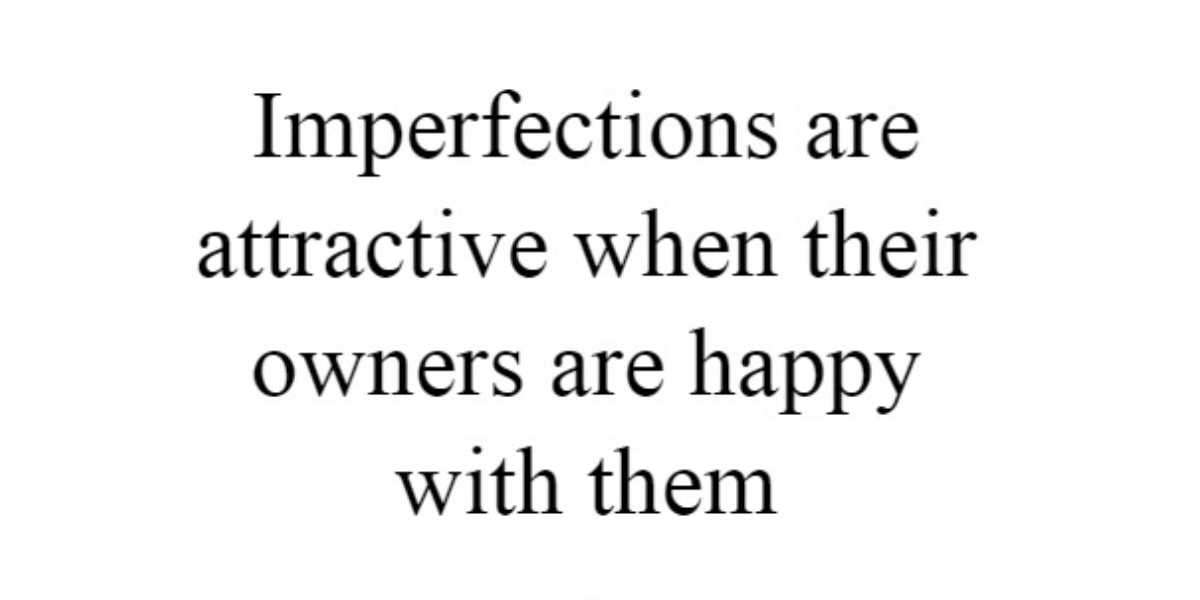What is domestic abuse?
When we think of domestic abuse, the first thing you might think of is physical violent abuse. This is a gross misconception and can massively impact the lives of those being abused.
Domestic abuse takes many forms, extending far beyond physical violence. It includes emotional, psychological, financial, verbal and spiritual abuse. Being able to recognise the signs of domestic abuse is vital in being able to support those experiencing abuse as many often suffer in silence. By equipping ourselves with knowledge and understanding of domestic abuse, we empower ourselves to be able to intervene and offer support.
Domestic abuse is a pattern of coercive, controlling or abusive behaviour used by one person to gain power and control over an intimate partner or family member. It is not limited to any specific age, gender, race, socioeconomic group and can occur in hetero-sexual or same-sex relationships. Domestic abuse is not a collection of isolated incidents but rather a pattern of coercive and controlling behaviour which ultimately can leave the victim fully dependent on the perpetrator and isolated from sources of support.
Types of domestic abuse
- Emotional Abuse:
Involves behaviours that undermine a person's self-worth or emotional well-being, examples include constant criticism, manipulation, humiliation, and control tactics. The goal is often to diminish the victim's confidence and independence.
- Physical Abuse:
Involves the use of force causing bodily harm, injury, or pain, examples include hitting, slapping, punching, kicking, or any form of physical violence.Physical abuse can result in immediate harm and long-term health consequences.
- Sexual Abuse:
Encompasses any non-consensual sexual activity or coercion, examples include rape, unwanted sexual advances, or forcing a partner into sexual acts against their will. Consent and communication are fundamental to healthy sexual relationships.
- Financial Abuse:
Involves controlling or exploiting a person's financial resources to maintain power, examples include restricting access to money, stealing assets, or sabotaging the victim's economic independence.Financial abuse can leave victims financially dependent and trapped.
- Spiritual Abuse:
Targets a person's beliefs, faith, or spirituality to exert control, examples include using religious teachings to justify abuse, forcing specific religious practices, or manipulating spiritual beliefs. Spiritual abuse can create feelings of guilt, shame, and isolation.
It's important to recognize that these forms of abuse often coexist within an abusive relationship, and victims may experience multiple types simultaneously.
What can you do if you're worried about someone?
Domestic abuse often thrives in silence and so, opening conversations about abuse is crucial to breaking the cycle. We must create an environment where victims feel heard, validated, and empowered to take steps towards a safer future.
If you or someone you know is experiencing domestic abuse, you can seek help online at https://www.nationaldahelpline.org.uk/ or call 0808 2000 247 for free confidential advice.








